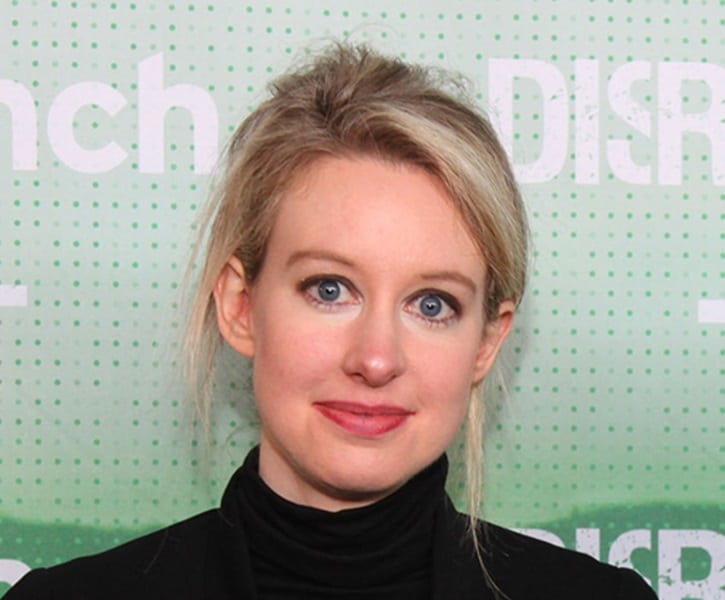Elizabeth Holmes, founder of the failed blood testing company Theranos, is seeking to overturn her fraud conviction that resulted in an 11-year prison sentence.
Her lawyers said improper procedures and evidence warrant a new trial in a federal appeals court on Tuesday
Holmes, who founded Theranos as a college student, was indicted in 2018.
She and company president Ramesh “Sunny” Balwani, her former romantic partner faced legal action.
The two were tried separately in 2022.
Holmes received an 11-year and three-month sentence and Balwani 12 years and 11 months.
The appeal hearing, the first since Holmes’ legal team filed the appeal in April 2023, was held at the ninth US circuit court of appeals in San Francisco.
Holmes’ lawyer, Amy Saharia, argued Holmes genuinely believed in the capabilities of Theranos’s blood testing technology.
She stressed Holmes was convinced by it when she informed investor it could perform a broad array of diagnostic tests from a small blood sample.
Saharia said: “There were in fact many good people working at Theranos, and believing they had good technology.
“Holmes believed that, and that is what she was telling investors.”
Saharia’s argument also centered on alleged issues with two main prosecution witnesses: former Theranos employee Kingshuk Das and former laboratory director Adam Rosendorff.
Holmes’ team contended Das should have been cross-examined about his qualifications.
They say the judge should have permitted more evidence challenging Rosendorff, including details of a government investigation into his work after leaving Theranos.
Lawyers argue Holmes genuinely believed in the capabilities of Theranos’s blood testing technology
Saharia argued that these procedural errors were critical in a case where jurors struggled to reach a verdict on most counts after seven days of deliberation.
Assistant US Attorney Kelly Volkar countered.
She said Das testified about his personal experiences at Theranos, not as a scientific expert.
She said: “It was not really contested that the device did not work.”
The three-judge panel, including Circuit Judges Ryan Nelson, Jacqueline Nguyen, and Mary Schroeder, expressed skepticism towards arguments from both sides.
Need Career Advice? Get employment skills advice at all levels of your career
Nelson noted despite the disputed testimony, there appeared to be substantial evidence against Holmes.
Jeffrey Coopersmith, representing Balwani, argued prosecutors introduced evidence beyond the indictment, claiming that Theranos secretly used unreliable commercial testing technology.
The judges seemed less convinced by this argument.
Appeals can take weeks or months to be decided, and the judges did not indicate how they would rule.
Holmes’ legal team has not commented on the proceedings.




